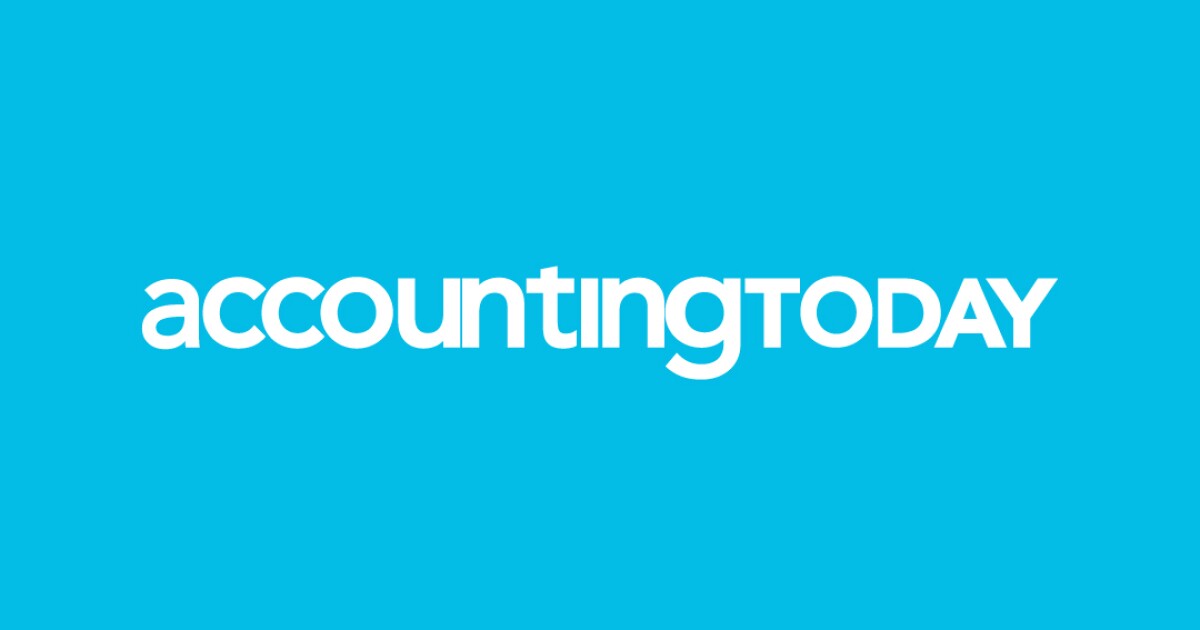Artificial intelligence is here to stay. It’s the new era of accounting. And while some may fear it, it’s the answer to transitioning your firm to a holistic client services approach.
OK, yes, traditional compliance work like tax and financial statements are still core services. The problem is that, alone, they no longer meet the needs of today’s modern clients. The ones demanding more of your time … the ones who desperately need advisory services.
Saying it and doing it are two very different things. I get that, which is why I break down how to get started with the transition, the role AI plays, the need for value pricing, and the value (to both your firm and your clients) of moving to the holistic services model. Get ready to join and rejoice in the new era of accounting.
Why a holistic service approach?
Historically, firms have served as the backbone of financial compliance and taxation. Navigating complex tax laws and accounting standards are invaluable for businesses and individuals. They not only ensure legal and financial accuracy, but also provide clients with a sense of security about their financial status.
So, despite the emergence of new service models, these offerings are still fundamental. They still offer a sense of precision and reliability in financial reporting and compliance. The goal is to get to a place where you successfully merge the traditional with the “trending.”
The transition to a holistic service model is a significant one for accounting pros. It extends beyond the conventional scope to incorporate financial advisory, strategic planning and consultative services. This is the way of the future. It’s what clients want and what firms need to offer to thrive.
Holistic accounting requires a deeper understanding of a client’s full financial landscape, however — including long-term goals and the unique challenges they face. With this level of knowledge, your firm is better positioned to offer custom advice on wealth management, business growth strategies, risk assessment and even technology ecosystem.
I won’t sugarcoat it. This isn’t a fast or easy transition. It requires you to develop new skills and knowledge areas — from business consulting to advanced data analysis. Firms must also invest in training and technology to support expanded services.
But fear not, the benefits far outweigh the work required to make the transition. A holistic approach enables firms to provide greater value to clients, foster deeper relationships and provide solutions that support clients’ year-round advisory needs. It positions firms not just as compliance experts, but as essential partners in their clients’ long-term financial and business success.
The role of AI in modern firms
AI is revolutionizing the accounting profession. It serves as a powerful tool for analyzing data, providing insights and automating routine tasks. For example, advanced AI algorithms can analyze financial data to identify trends, anomalies and predictive insights — allowing firms to provide strategic advice that helps clients prepare for future financial challenges and opportunities.
AI tools also reduce repetitive, mind-numbing work by automating tasks such as data entry, invoice processing and some aspects of tax preparation. This frees up valuable time that can be rerouted to supporting higher-value advisory work.
Further, AI allows firms to create personalized client interactions with tailored recommendations based on specific client data. At this point, I hope you are seeing how AI is not just an efficiency booster. Rather, it empowers firms to offer higher-value, proactive advisory services that clients both need and want.
The integration of AI into traditional accounting services marks a significant advancement in how the profession has always done things. For compliance and tax services, AI can enhance accuracy and speed, reducing the likelihood of human error. It simplifies complex tax regulations and compliance requirements, making it easier for firms to stay updated with the latest changes.
For clients, the value of AI integration is realized via elevated, efficient service delivery. It also provides them with insights drawn from deeper data analysis.
Broadly, AI’s role in automating routine tasks allows accountants to reallocate their time to strategic, consultative functions. It empowers them to focus on interpreting data and advising clients, rather than being bogged down by time-consuming manual processes.
Incorporate value-based pricing
I would be remiss if I didn’t mention value pricing as part of the holistic model. The fact is that advisory services are based on value, not the billable hour. So, to successfully make the transition, value-based pricing is a must.
Remember, this is about perceived client value, not the number of hours worked. As such, be sure to set your fees at a level that supports the value you’re offering (AI can help you here as well). Proactive advice and predictive insights have a tangible impact on a client’s business and personal financial health … so know your worth and set your fees accordingly.
The future is bright
As the accounting profession evolves, firm owners must adapt to stay competitive and relevant. Embracing a holistic service model, augmented by the capabilities of AI, offers a pathway to enhanced client service and business growth.
AI is not just an efficiency-bolstering tool. It’s a catalyst for firm transformation — allowing you to provide comprehensive, proactive and personalized advisory services. By integrating AI with traditional accounting services, firms can meet the complex needs of today’s clients while positioning themselves at the forefront of industry innovation. The future of accounting lies in this balanced approach.


 Economics1 week ago
Economics1 week ago
 Economics1 week ago
Economics1 week ago
 Economics1 week ago
Economics1 week ago
 Finance1 week ago
Finance1 week ago
 Blog Post1 week ago
Blog Post1 week ago
 Economics1 week ago
Economics1 week ago
 Personal Finance1 week ago
Personal Finance1 week ago
 Economics1 week ago
Economics1 week ago











